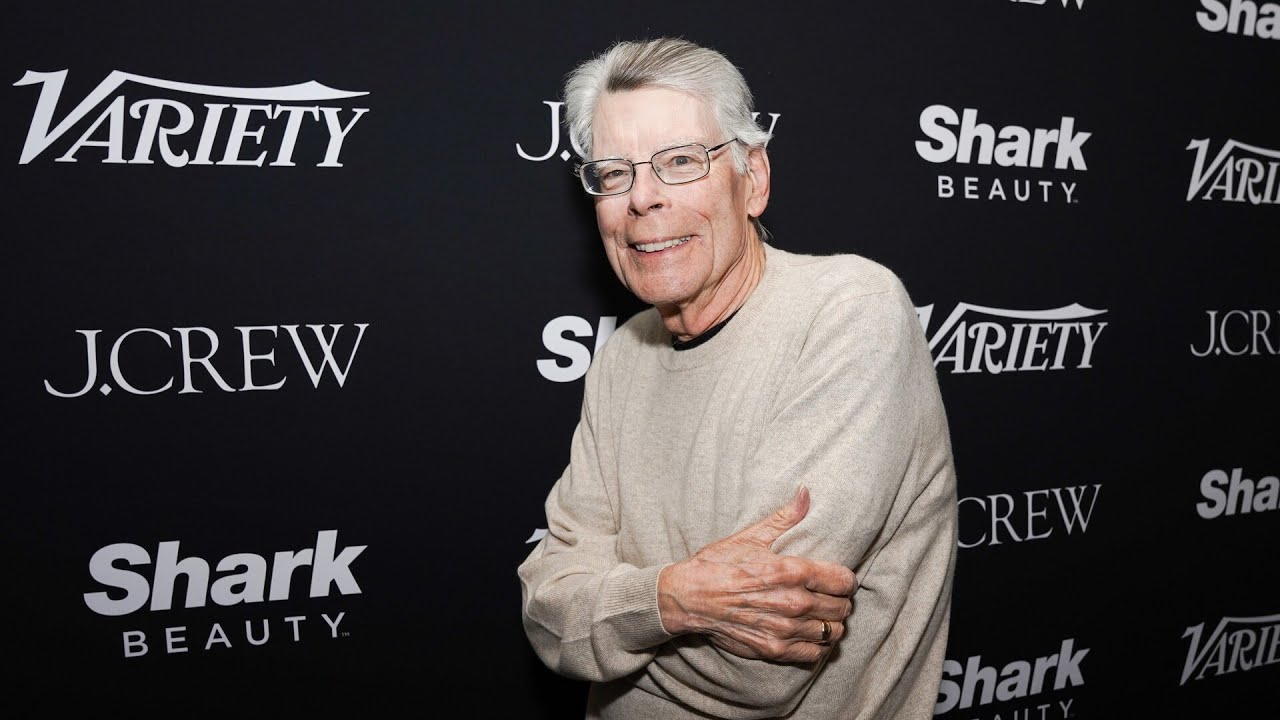The Enduring Legacy of Stephen King Movies
For over four decades, Stephen King movies have carved their niche in the film industry, blending the eerie and the emotional. Each adaptation—ranging from early classics like “Carrie” to modern gems like “It” and “Doctor Sleep”—captures not just horror but deeper societal themes. These films don’t just scare; they reflect the fears and anxieties of the times in which they were made. Audiences around the globe have been enchanted by King’s intricate storytelling and unparalleled ability to tap into the human psyche.
The landscapes in King’s films often mirror the tumultuous emotions of his characters, engaging viewers while peeling back layers of trauma and societal struggle. Think about how Stephen King movies allow us to confront our fears safely. For instance, “Misery” not only tells a gripping tale but also critiques fandom and obsession, echoing real-life debates about artistic integrity in today’s world. Every film offers a portal into a psychological exploration of vulnerability and fear.
The film adaptations of King’s works inspire countless directors and writers, enriching the horror genre as a whole. Cinematic tributes to King’s literary accomplishments invite both new fans and seasoned enthusiasts to engage. With each transformation of a written work into film, fresh interpretations emerge, ensuring that Stephen King movies continue to haunt and captivate audiences across generations.
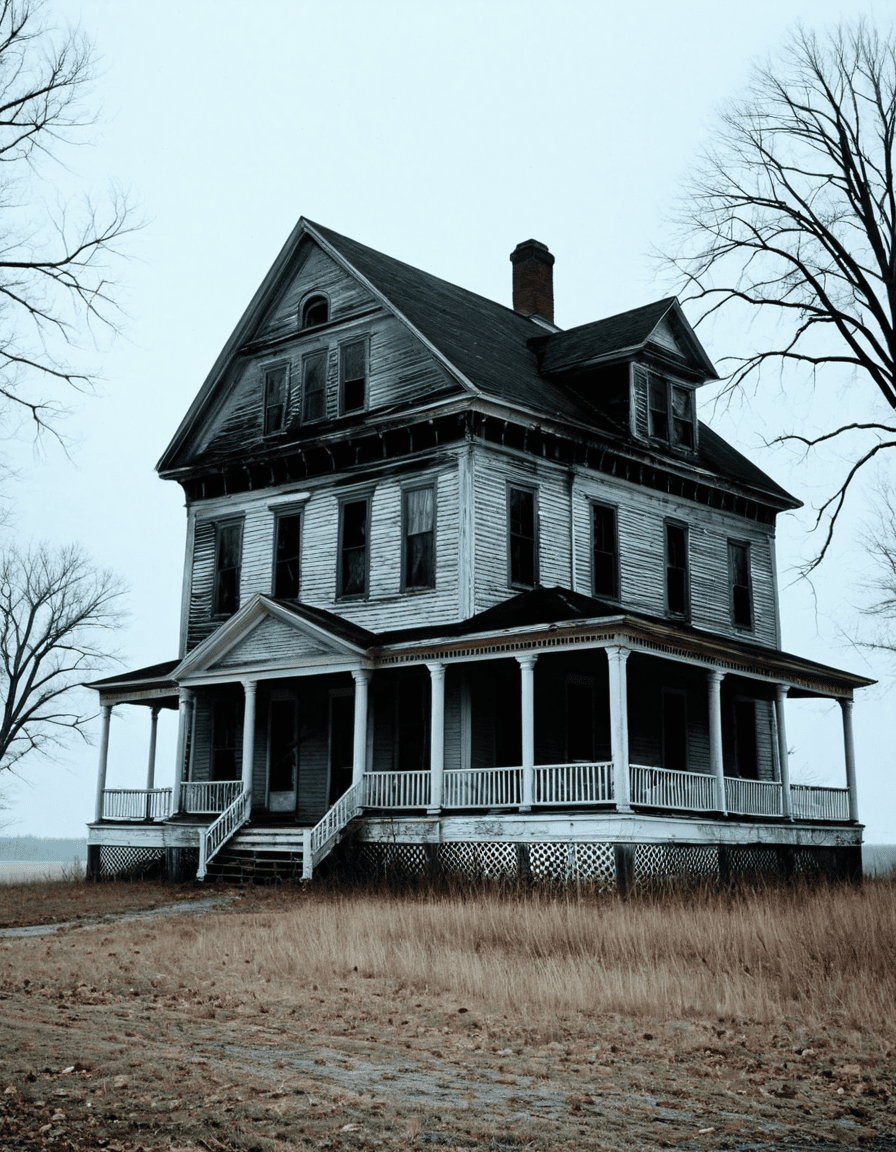
Top 7 Stephen King Movies That Continue to Haunt Audiences
Directed by Stanley Kubrick, “The Shining” is an iconic Stephen King movie that has left an indelible mark on horror cinema. Jack Nicholson’s chilling performance as Jack Torrance explores isolation and madness in a haunted hotel setting, making viewers question their own connections to sanity. Its unnerving imagery and profound themes resonate even today, cementing its status as a timeless classic.
This modern adaptation directed by Andy Muschietti introduces Bill Skarsgård as the terrifying clown Pennywise, capturing the essence of childhood fears. “It” masterfully blends nostalgia with contemporary anxieties, presenting a captivating look at overcoming trauma. Audiences found themselves both terrified and connected through the film’s display of friendship amidst fear, making it a standout entry in the realm of Stephen King movies.
Kathy Bates delivers an award-winning performance in “Misery,” directed by Rob Reiner. The film illustrates the dark side of fandom and the tumultuous relationship between creator and consumer. The suspense builds steadily, keeping viewers on edge as they witness the power of obsession unfold, a common thread in many Stephen King movies.
Frank Darabont’s adaptation of “The Green Mile” brilliantly merges themes of mercy, empathy, and the supernatural within a death row setting. Starring Tom Hanks, the film is not a conventional horror but captivates audiences with its poignant storytelling and deep exploration of morality. This film showcases King’s talent for transforming grim subjects into profound commentary on humanity.
Adapting themes of death and grief, “Pet Sematary” taps into our primal fears and desires surrounding loss. With its disturbing plot and chilling performances, the film remains a compelling exploration of the consequences in tampering with life and death. This poignant emotional impact resonates long after the final scenes.
Brian De Palma’s “Carrie” broke barriers in horror, providing a powerful message about bullying and revenge. Sissy Spacek’s portrayal of the tormented teen displays how hurt can manifest into darkness, haunting viewers with its sobering themes. The film’s legacy continues to influence discussions about societal cruelty and personal retribution.
Following up on “The Shining,” Mike Flanagan’s “Doctor Sleep” creates a thoughtful continuation of Danny Torrance’s story. Ewan McGregor’s performance, coupled with compelling visuals, presents a gripping narrative that marries horror and emotional narrative, deepening audiences’ understanding of trauma. It reaffirmed the complexity and relevance of Stephen King movies in today’s cinematic landscape.
The Influence of Other Iconic Movies
Let’s not forget the broader landscape of cinema when discussing Stephen King movies. Filmmakers like Guy Ritchie and Michael Douglas craft psychological narratives that echo King’s storytelling nuances. Ritchie’s complex, character-driven plots in films like “Snatch” add layers of suspense that resonate with Stephen King fans. Similarly, Michael Douglas locks audiences in with riveting performances in Michael Douglas movies such as “Fatal Attraction,” creating tension and intrigue, much like King’s best works.
Stars like Chris Pratt also bring dynamic characters to life that often dwell beneath the surface of their adventurous exteriors. Consider Pratt’s ability to imbue emotional depth into action-packed roles, drawing parallels to characters found in Stephen King movies. Meanwhile, Bill Murray’s reflective approach in films like “Lost in Translation” can be viewed as a softer counterpart to King’s often darker narratives, showing the breadth of human experience.
While Robert Downey Jr. often shines in roles that lean toward action, his performances frequently reveal complex emotions akin to King’s character development. Even in less impactful Hugh Grant movies, themes of love and loss resonate on a human level, emphasizing the significance of emotional narratives central to King’s storytelling. Mel Gibson, in films like “Braveheart,” channels personal trauma and struggle, creating characters whose motivations are steeped in human complexities, true to King’s style. Lastly, Dennis Quaid movies, such as “The Day After Tomorrow,” underline the challenges that ordinary people face in extraordinary circumstances—a hallmark of King’s narrative technique.
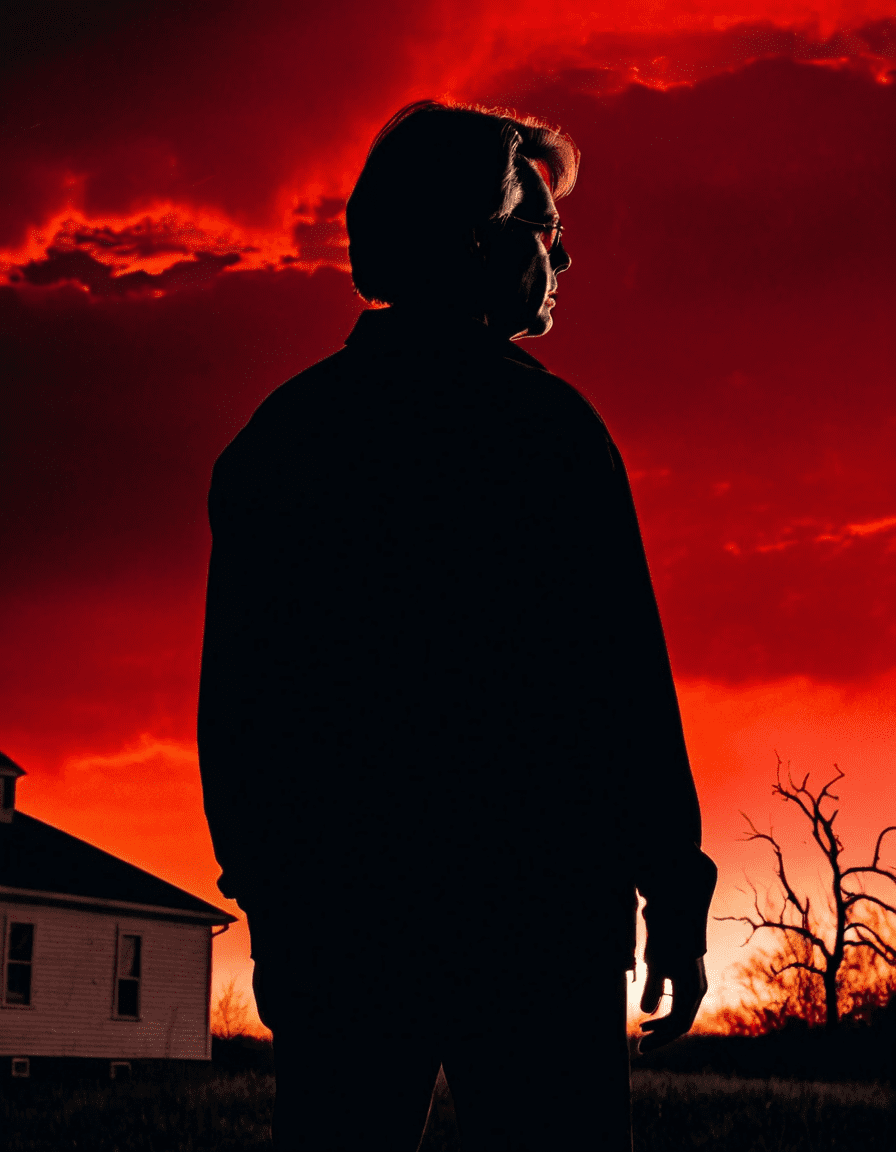
A New Era for Stephen King Adaptations
As the film industry continues to change, the haunting allure of Stephen King movies remains intact. Each adaptation echoes themes of fear, loss, and human frailty, bridging the gap between generations and ensuring King’s legacy thrives. Online streaming platforms allow filmmakers to explore his stories in innovative ways, hinting at a burgeoning era for King adaptations.
The recent surge in interest surrounding upcoming projects, including buzz around titles like Outlander Season 8, points to King’s stories transitioning into serialized formats. This evolution presents new ways to deepen audience engagement with King’s themes over longer storytelling arcs.
Ultimately, the evolution of Stephen King movies reflects a growing appreciation of how fear intertwines with engaging narratives to tell human stories that resonate deeply. As filmmakers delve into these hauntingly captivating themes, audiences are likely to find themselves gripped by the emotional landscape that Stephen King’s works masterfully illuminate, ensuring they remain rooted in the cultural zeitgeist for the foreseeable future.
In today’s complex world, Stephen King movies serve not merely as horror entertainment but a lens to understand our fears, anxieties, and ultimately, our humanity. For those searching for deeper interpretations or terrifying escapism, King’s cinematic contributions will always resonate, whether revisited through old classics or fresh adaptations in the pipeline.
Excited to explore more? Check out current deals on Hbo max student discount, or treat yourself to a night out with a stay at Motel 6 San Diego before diving into a thrilling King flick. If you’re in the mood for a culinary treat, why not try your hand at a Birria Tacos recipe? Now’s the time to immerse yourself in the haunting world of Stephen King movies!
Stephen King Movies That Haunt and Captivate Audiences
King’s Cinematic Origins
Did you know that Stephen King’s first novel, “Carrie,” was released in 1974 and quickly became a box office sensation? The film adaptation, starring Sissy Spacek, was a game-changer for horror films, paving the way for more of King’s unsettling tales to hit the big screen. Just like fans follow the Washington Commanders Standings, loyal followers of King eagerly anticipate each new adaptation, hoping it’ll measure up to the original story. Interestingly, the horror maestro himself writes a screenplay occasionally, ensuring his vision remains true to the source material.
Iconic Characters and Settings
Another fun fact? King’s fictional town of Derry, Maine, serves as the backdrop for several of his works, including It and The Shawshank Redemption. This eerie town conjures up its own suspense, much like a dramatic late-inning comeback in Tennessee baseball score. Additionally, the character of Pennywise, the sinister clown from It, has become an iconic figure in horror, earning a fanbase comparable to Brendan Fraser from his blockbuster days. Fraser, known for a plethora of feel-good movies, contrasts sharply with the terrifying world of King.
Adaptations and Their Impact
Over the years, more than 50 films have been adapted from King’s works, showcasing his influence on the horror genre. Misery, starring Kathy Bates, won her an Academy Award, proving that these adaptations often captivate critics and viewers alike. Just as people keep an eye on today’s interest rate for financial decisions, film lovers closely monitor upcoming releases, eager to see how studios interpret King’s chilling narratives. The excitement builds, especially with recent adaptations like Doctor Sleep, which continue to draw both veteran fans and newcomers to the compelling universe of Stephen King movies. So buckle up, horror fans; there’s always more to be terrified by!
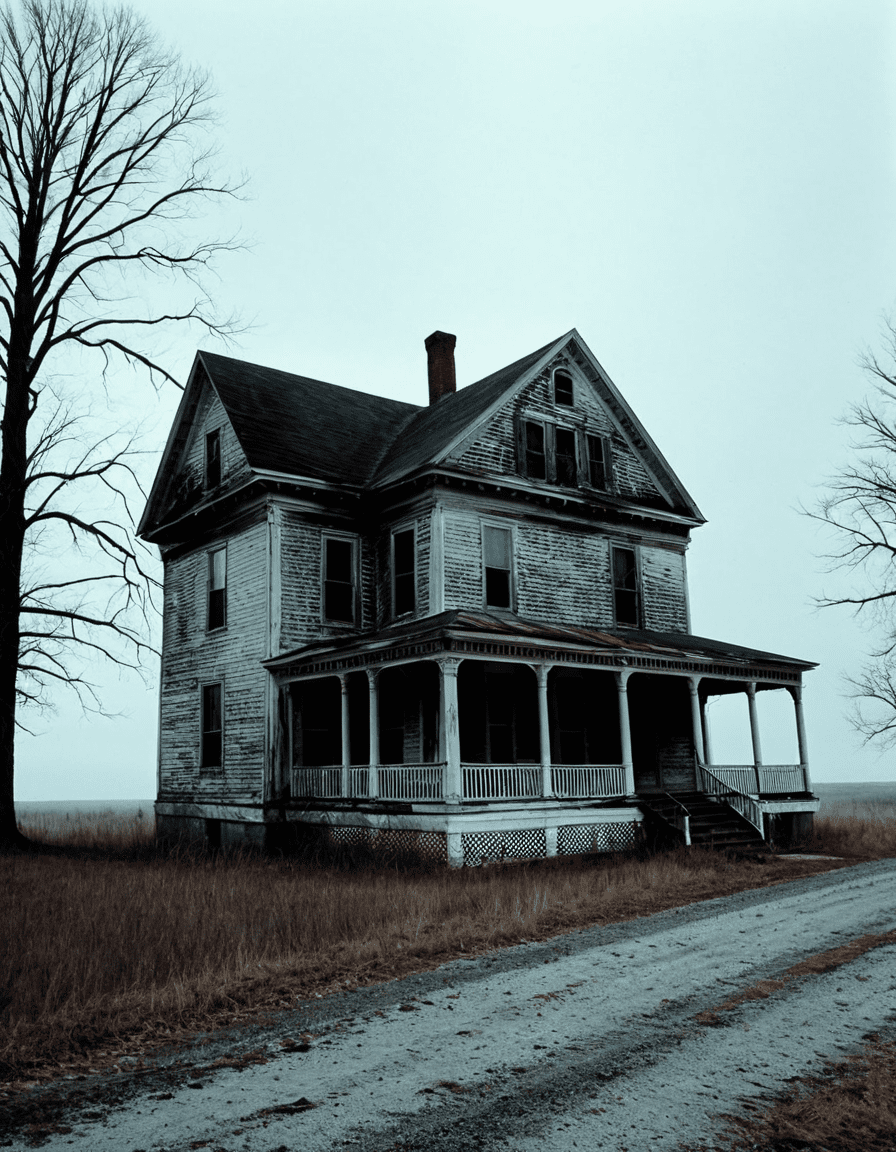

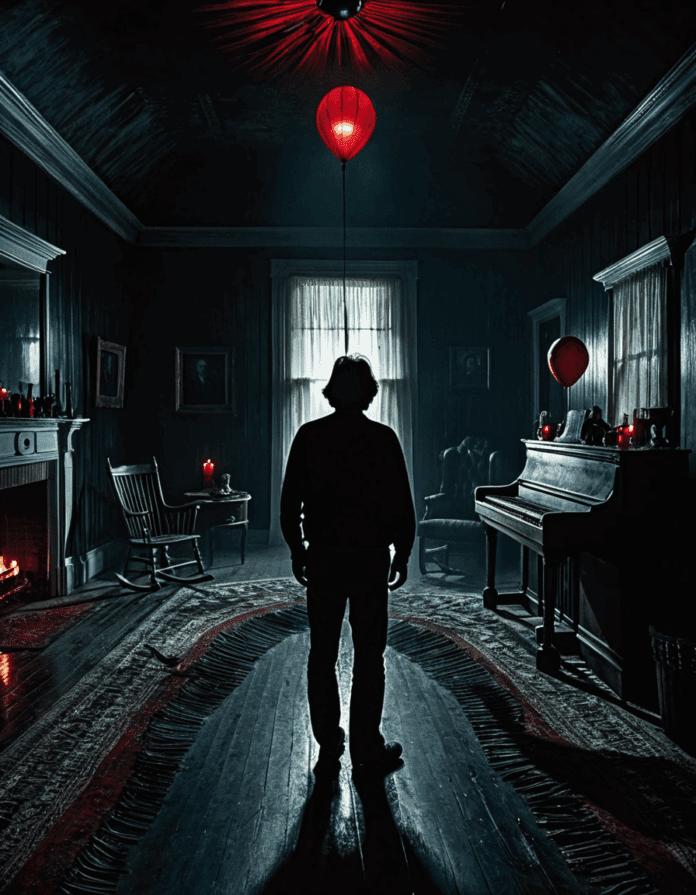
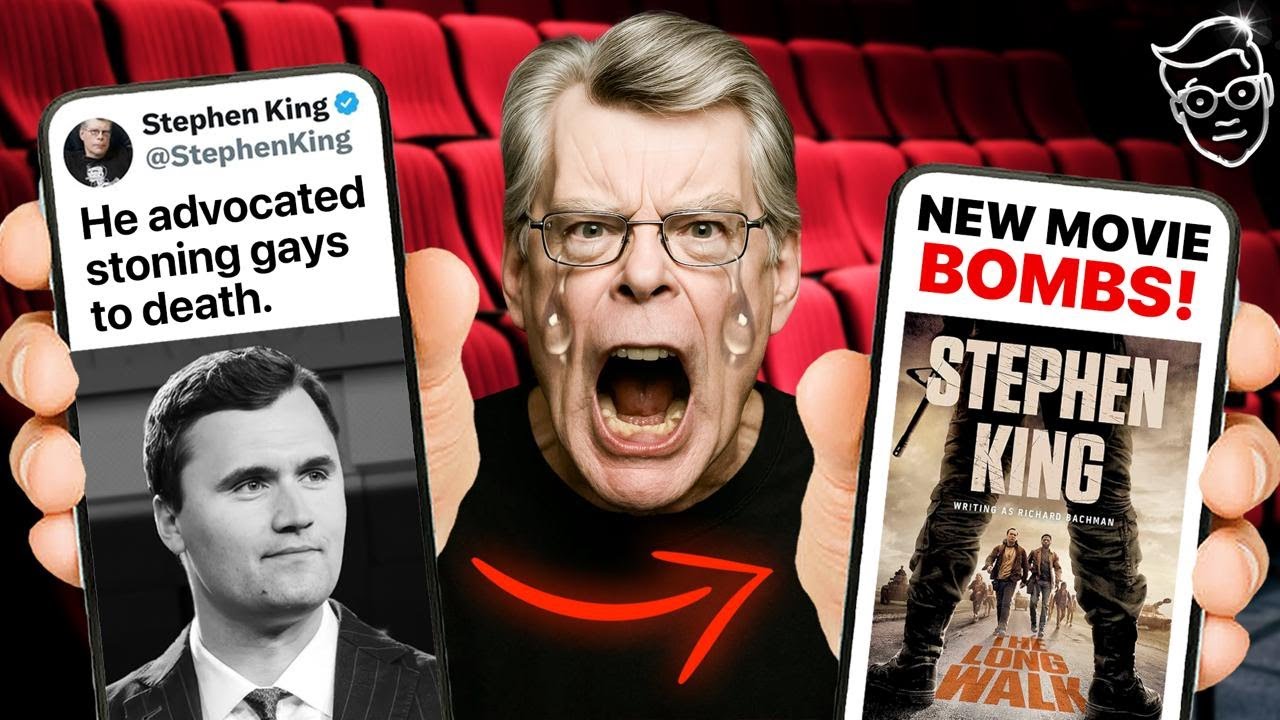
![[1995] The Langoliers - Stephen King (Movie)](https://www.loaded.news/wp-content/cache/flying-press/eee42dd73c374a13d562c23e7788b78a.jpg)
